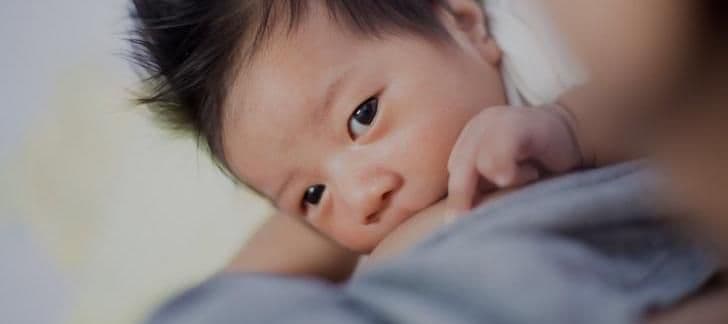Newborn and Baby: Month 1
Newborn First Year
Obie Editorial Team
You’ve left the hospital and traveled home with the baby, who is now dependent on you for everything - food, feeding, and love. Prior to giving birth you likely read tons of articles and books on how to care for a newborn and how to be the perfect new parent, but the reality is far different from the planning process. No new parent is a perfect parent from the start. Take your time and adjust to parenthood just as your newborn is adjusting to you.
Your Baby’s Development
For the past 40 weeks, the baby has been curled up tight inside your womb. It takes some time for him to stretch out his legs and arms, so he will appear slightly scrunched for a while. You can expect him to reach his true length by around the 6th month.
Your Baby’s Food
Feeding baby is a personal choice for new mothers. Breast milk contains crucial antibodies, vitamins, nutrients and fat your newborn needs to develop and grow. Your body starts producing breast milk prior to childbirth, but milk production quickly speeds up after birth. You will notice the first milk is thick and yellow - this is colostrum. Colostrum is rich in antibodies and protein. This milk is soon replaced with your regular breast milk.
You may notice tenderness and swelling of the breasts after the first two to three days of breastfeeding. This is known as engorgement and it is completely natural. Your breasts are producing tons of milk for the baby because the glands have no idea how much baby needs. With regular breastfeeding, the mammary glands “learn” the correct amount of breast milk to produce and engorgement passes.
If you choose to feed baby infant formula there are plenty of fantastic brands on the market to choose from. Talk with your pediatrician about the best infant formula for your baby. Your baby may start off drinking just one to two ounces at each feeding, but the amount will increase as baby ages.
Your Baby’s Health Issues
Key health issues to consider during the first month include SIDS and umbilical cord care. You can reduce the risk of SIDS, or sudden infant death syndrome, by placing the baby to sleep on his back. Do not leave any toys, stuffed animals or pillows in the crib when the baby is sleeping. Running a fan in baby’s room and giving the baby a pacifier may reduce the risk of SIDS.
The umbilical cord stump does not cause your baby pain. You do not have to clean the stump daily, but you can wipe the stump down with water and dry if it gets dirty. Do not cover the umbilical cord stump as leaving it out to dry will allow the stump to fall off faster.









